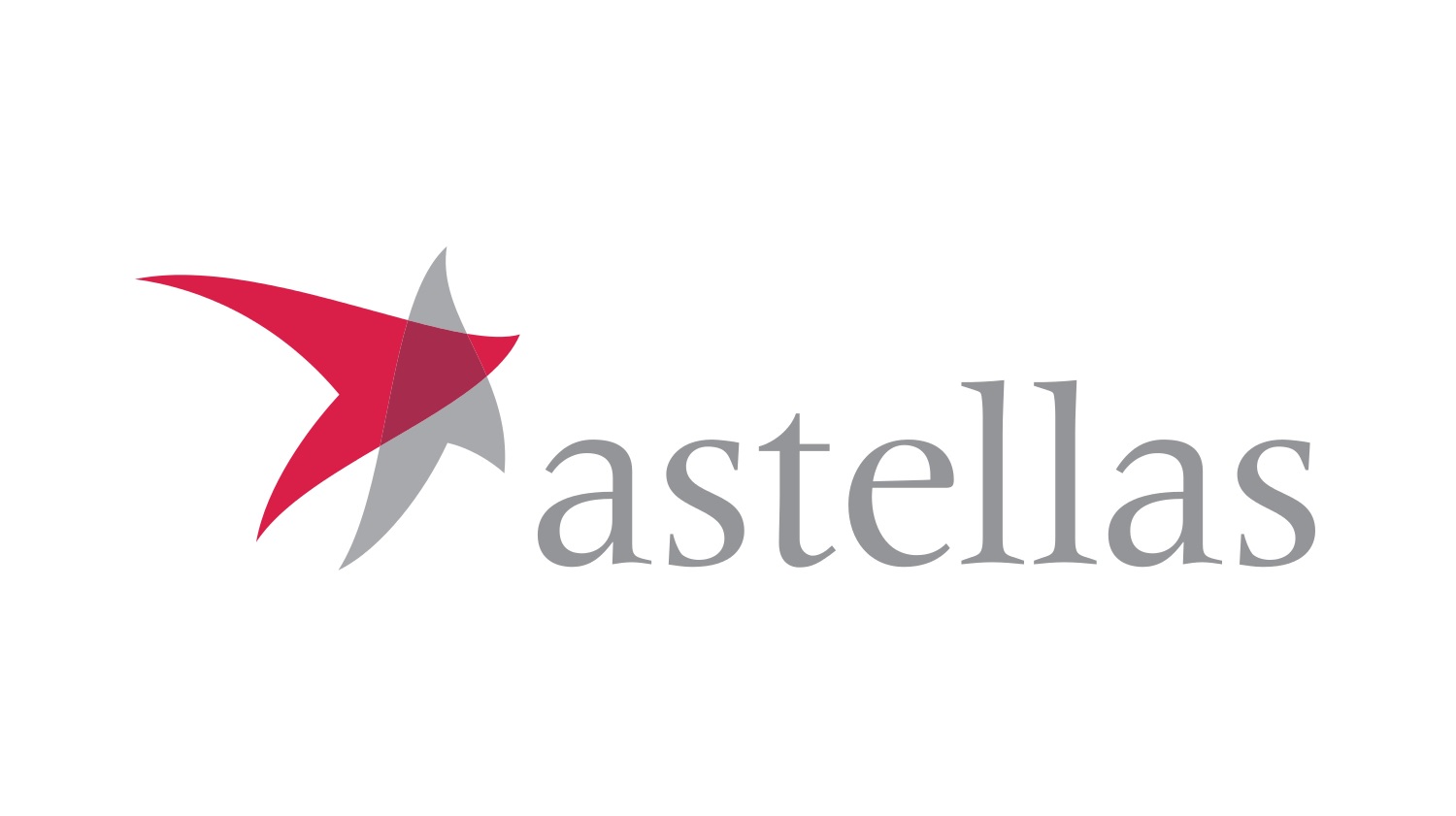More trouble for Astellas as AT132 gene therapy trial is halted again

Astellas has halted dosing in a study of its AT132 gene therapy for the rare disease X-linked myotubular myopathy (XLMTM) for the second time after another serious adverse event (SAE) linked to possible liver damage.
The ASPIRO trial of AT132 has been paused after abnormal liver function tests (LFTs) were seen in a patient receiving the gene therapy, and information on the adverse event has been shared with regulators, according to the drugmaker.
ASPIRO was placed under a clinical hold by the FDA last December after three deaths linked to liver dysfunction were seen in patients treated with a high dose (3.5 x 1014 vg/kg) of the therapy, which was developed by Astellas' Audentes Therapeutics unit (now renamed Astellas Gene Therapies).
All three patients were older, heavier in weight, and showed signs of pre-existing liver-related disease. However, worryingly for project is that the latest case of abnormal LFTs was seen in a patient treated with a lower dose (1.3 x 1014 vg/kg) of AT132, and a normal liver ultrasound at enrolment.
The FDA only relaxed its clinical hold on ASPIRO after Astellas and Audentes agreed to reduce dosing to the lower level. The participant associated with this current SAE was dosed in the summer of this year, after the original clinical hold was lifted.
"At this time, an Investigational New Drug (IND) clinical hold has not been issued," said Astellas in a statement, which indicated that 24 patients with XLMTM have so far been treated with the gene therapy – seven at the low dose and 17 at the higher dose.
Astellas – which paid $3 billion to acquire Audentes in 2019 – said in a recent financial statement that the clinical hold on the AT132 programme had resulted in an impairment charge of 58.8 billion yen (around $532 million).
"We will continue to work with the site investigator and site hepatologist to closely monitor this participant," said Nathan Bachtell, Astellas' head of gene therapy, medical and development.
"Given previous hepatic events within the programme, any one SAE needs to be viewed both individually and in the context of the broader programme as we move forward," he added.
XLMTM is a serious, life-threatening, rare neuromuscular disease that is characterised by extreme muscle weakness, respiratory failure and early death.













